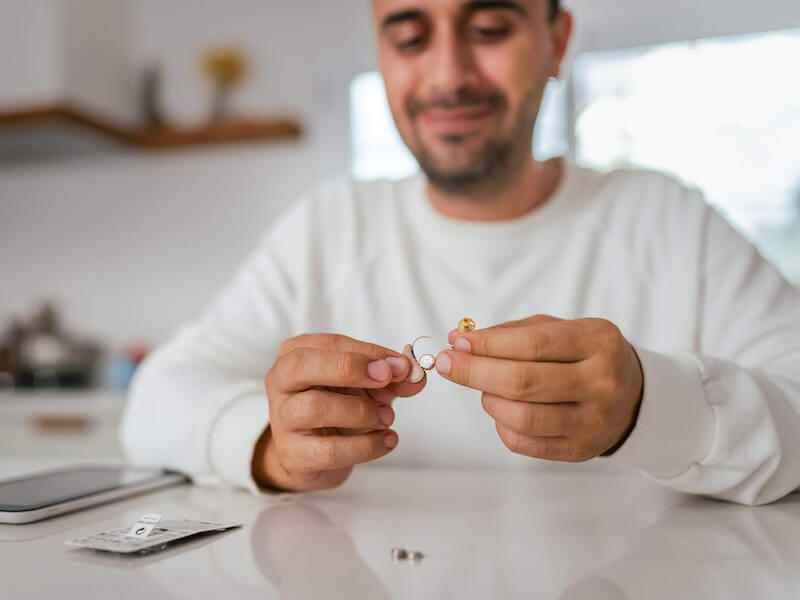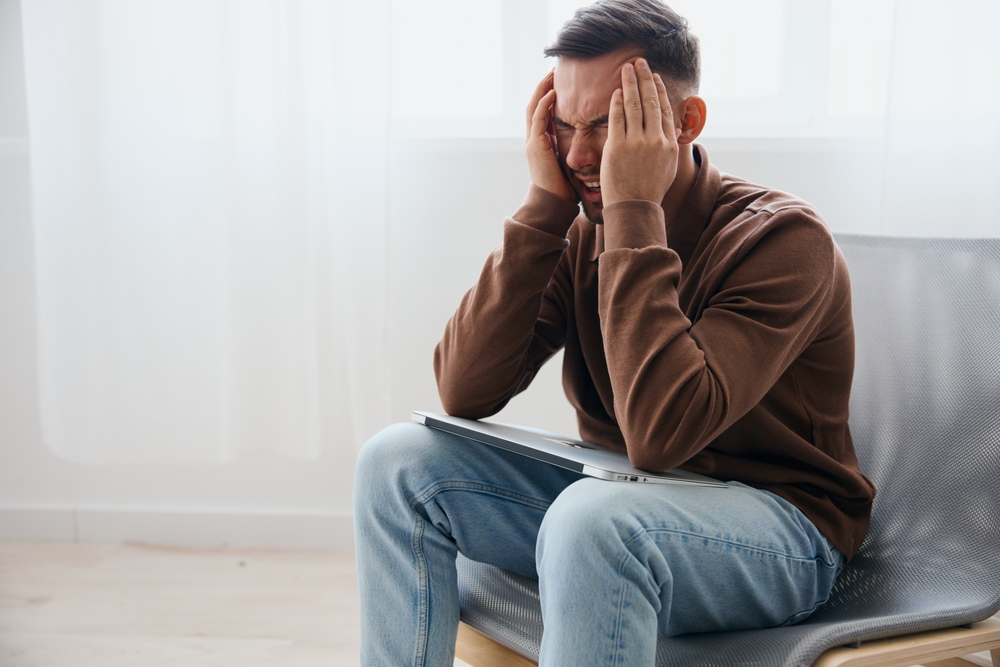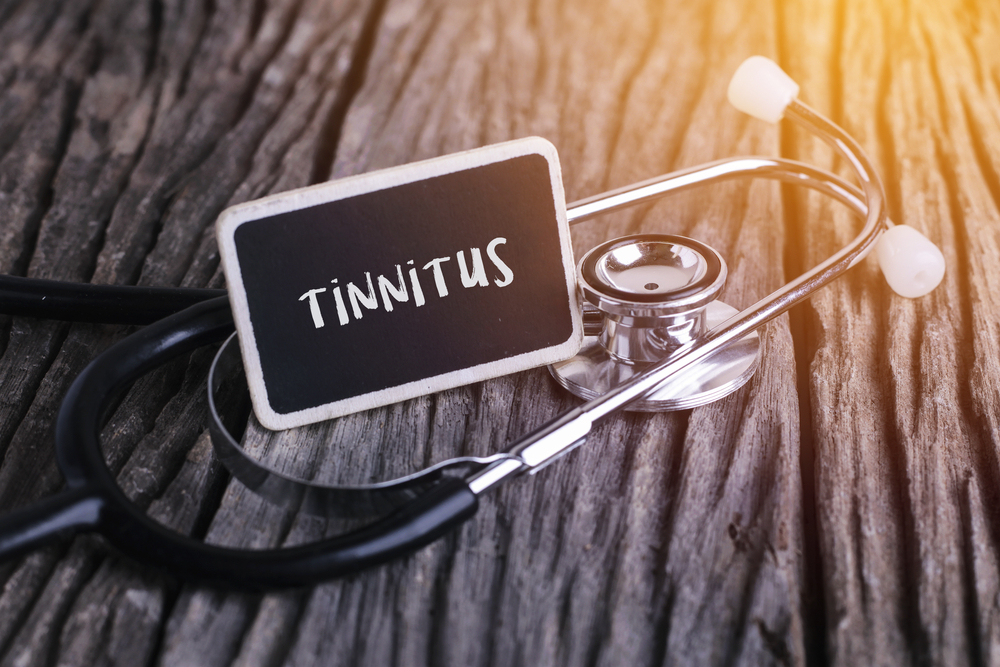Tinnitus is a condition in which you perceive various sounds, such as whistling, ringing, or buzzing, in your ears. It can be a mere nuisance to deal with or can be a chronic condition that can make it difficult for you to get through your day.
If you or someone you know suffer from tinnitus, one of your main concerns may be how to find relief. It is crucial that you know that there are a number of factors that can exacerbate your tinnitus, one of which is your diet.
While many people falter with their diet, especially during stressful times, those with hearing loss may want to stay the course with their healthy eating goals. After all, many people are aware of the connection between what they eat and their health.
You can alter your diet to fight disease, get more restful sleep, boost your energy, and more. But did you know the changes that you can make in your diet can also have a direct effect on how often you experience tinnitus symptoms and how severe they are? Take note of how some of the substances you eat or drink can affect your tinnitus.
Caffeine
Caffeine is a drug that stimulates your central nervous system and can inhibit how well blood is able to flow to your inner ears. If you consume large amounts of caffeine regularly, you can begin to experience an increased heartbeat, muscle tremors, nervousness, and insomnia, all of which can worsen your tinnitus. While limiting your caffeine intake can reduce your tinnitus symptoms, it does not stop the disorder or any of the underlying conditions that are causing the ringing in your hears.
Sodium
Excessive levels of sodium in your body can cause your body to retain more water in order to continue to maintain the right proportion of salt and fluids. This results in an increased blood volume, which causes higher blood pressure. High blood pressure can restrict blood flow not only to areas like your heart but also to your inner ear. As a result, your tinnitus symptoms can be even more noticeable and severe.
Alcohol
Alcohol can enhance your tinnitus by creating a very high rate of blood flow to your inner ear. This will result in you experiencing tinnitus symptoms for at least a few hours. If you experience alcohol-induced tinnitus frequently enough, it can result in permanent tinnitus. It can also permanently alter the function of your inner ear, damage your inner ear hair cells, and cause permanent hearing loss.
Sugars
Whether it is real sugar or one of the many sugar substitutes that are available, your body uses it, along with oxygen in the blood, to support the organs and other structures of your body. Disrupting the levels of blood sugar in your body by not consuming enough or consuming too much sugar can result in a number of health complications, including issues with your body’s insulin production. This can result in type II diabetes and severe onset of tinnitus.
Being mindful of what you’re eating can impact more than just your weight and overall health. If you are interested in other foods or drinks you should take out or add to your diet to improve your tinnitus condition, contact your hearing health professional today.



